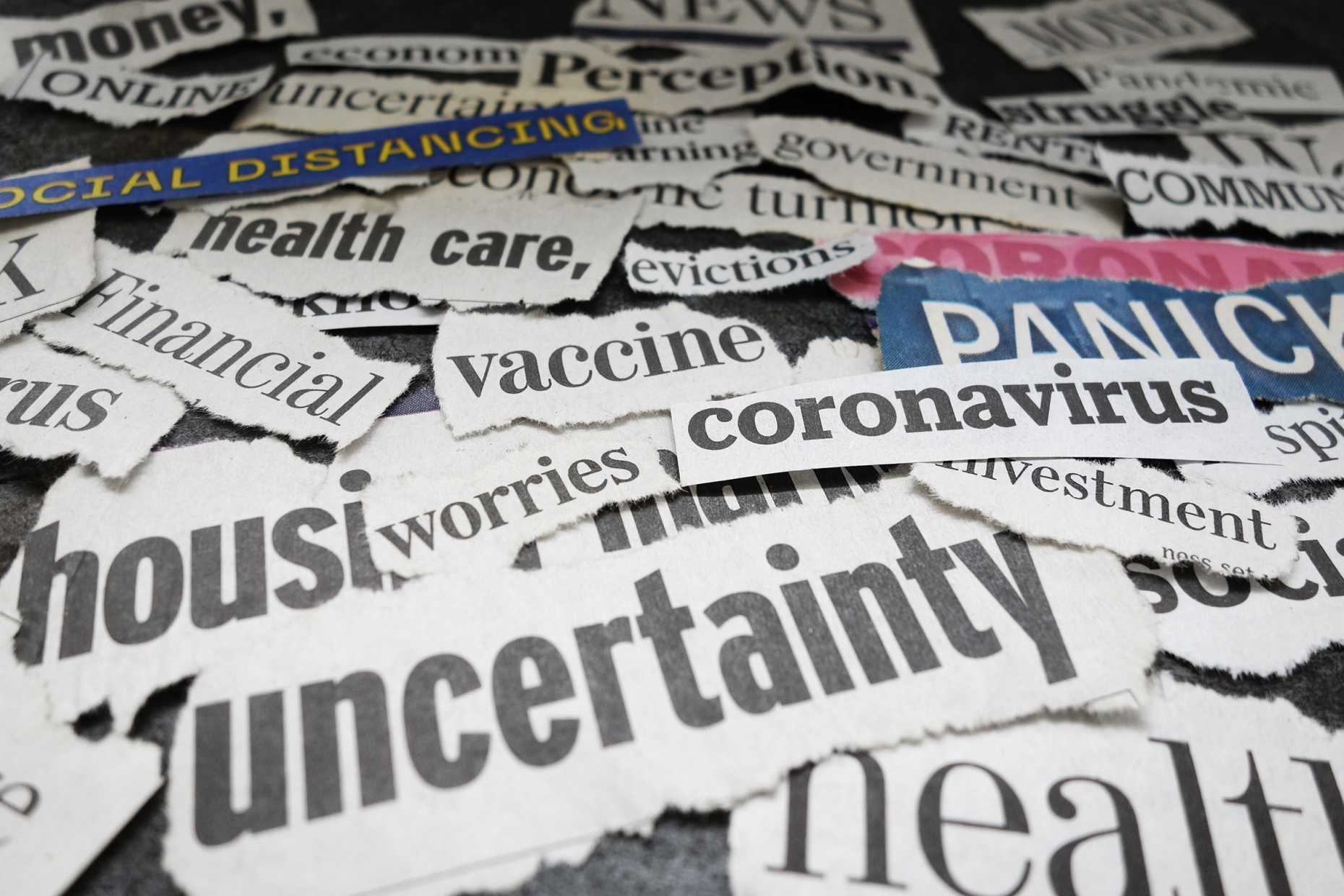Economic recovery, but stagnating mental health
A study from the University of Ghana and ETH-NADEL finds that economic well-being had mostly recovered in 2021 – one year into the pandemic – for the urban poor in Ghana and South Africa, whereas life satisfaction and feelings of depression were back at lockdown levels.
Like many low- and middle-income countries, Ghana and South Africa proactively implemented lockdowns very early in the pandemic. South Africa had one of the strictest lockdowns globally for many months, whereas Ghana only implemented one public lockdown for only a couple of weeks and lifted it after just three weeks due to fears about worsening economic conditions.
Three-wave panel survey with one of the most vulnerable groups
To study the well-being of one of the most vulnerable groups globally – the urban poor in major cities – the research team interviewed over 1,500 households in Accra and Greater Johannesburg three times between April 2020, during public lockdowns, and March 2021, when all restriction were lifted and people were entering a “new normal.”

Economic recovery, but stagnating mental health
We find that even if economic well-being had mostly recovered after a year, life satisfaction only improved slightly and feelings of depression were again at lockdown levels, despite some improvements shortly after the first lockdown. Moreover, mental health indicators were, in general, worse among the urban poor in South Africa than in Ghana.
Worries about the future and deteriorating knowledge
While economic factors are strongly correlated with mental health and explain the differences in mental health between South Africa and Ghana, increasing worries about future income and deteriorating knowledge about the pandemic explain why mental health had not recovered one year after the lockdown. Lack of social interactions seems to be less important for mental health in both cities.
Every county is different
However, key country differences exist: economic factors and trust in the government seem to be more important for mental health during a pandemic in Ghana, whereas personal health and worries about health seem to be more important in South Africa.
Hence, also for the poorest, we need to consider broader, country-specific policies beyond financial support to accelerate the post-pandemic recovery of well-being.
You can read the external page full paper published in the Review of Income and Wealth.